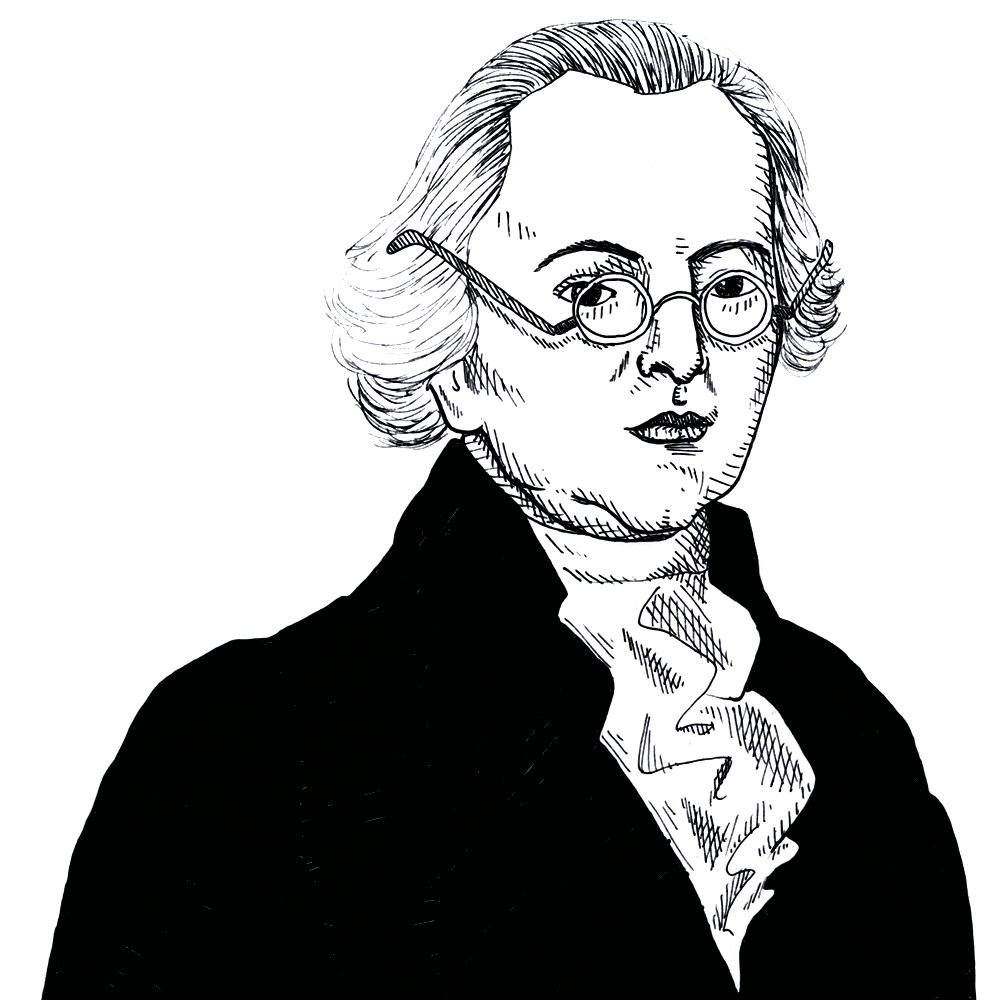
James Wilson argues that it is the people, not the prince, who is superior in matters of legal sovereignty (1790)
Found in: Collected Works of James Wilson, vol. 1
In a series of Lectures on Law which James Wilson (1742-1798), one of the first Justices on the Supreme Court, gave in 1790 he dismisses as “absurd and ridiculous” the idea that the monarch is sovereign over the people because he is “superior” in some way:
Law
Had it been the intention of Providence, that some men should govern the rest, without their consent, we should have seen as indisputable marks distinguishing these superiours from those placed under them, as those which distinguish men from the brutes. The remark of Rumbald, in the nonresistance time of Charles the second, evinced propriety as well as wit. He could not conceive that the Almighty intended, that the greatest part of mankind should come into the world with saddles on their backs and bridles in their mouths, and that a few should come ready booted and spurred to ride the rest to death. Still more apposite to our purpose is the saying of him, who declared that he would never subscribe the doctrine of the divine right of princes, till he beheld subjects born with bunches on their backs, like camels, and kings with combs on their heads, like cocks; from which striking marks it might indeed be collected, that the former were designed to labour and to suffer, and the latter, to strut and to crow.
These pretensions to superiority, when viewed from the proper point of sight, appear, indeed, absurd and ridiculous.